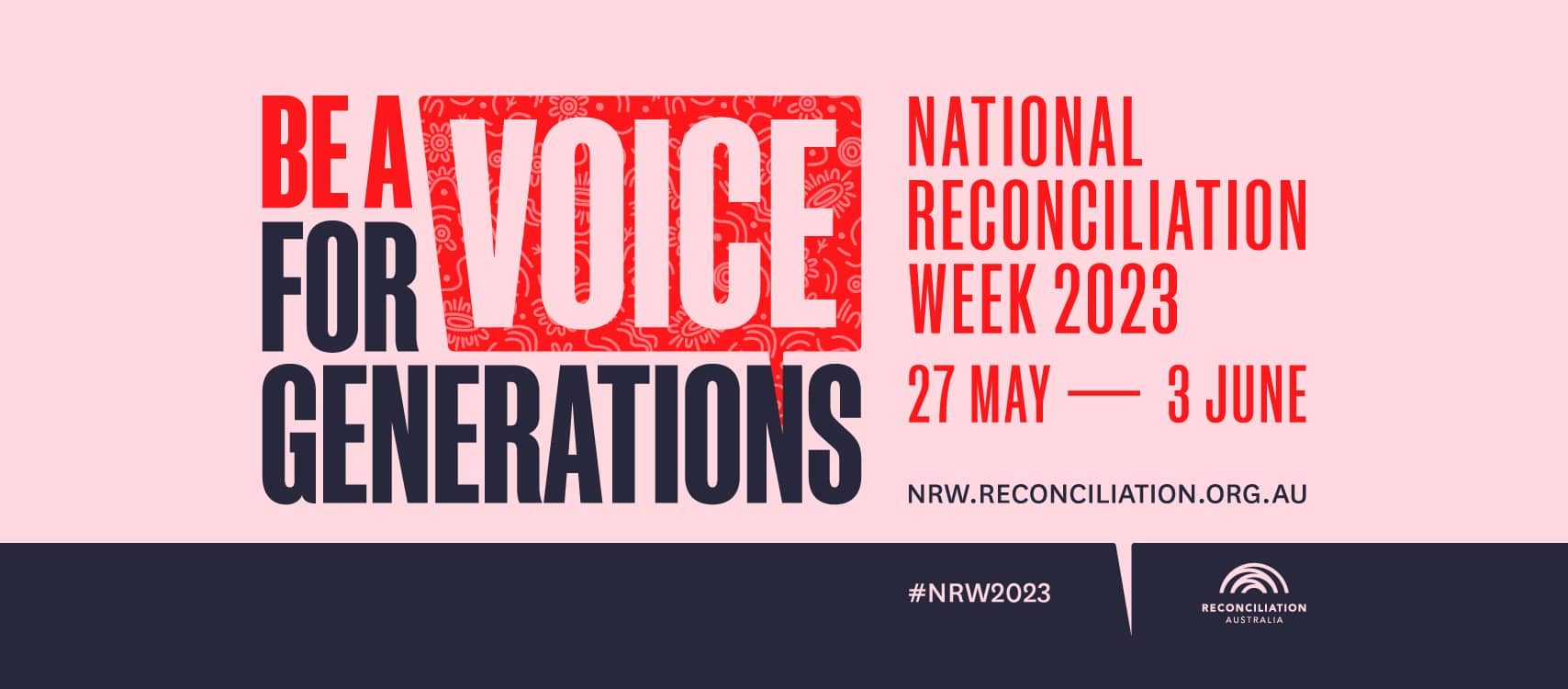The ARA sat down with Peter Morris from Reconciliation Australia, to talk about why reconciliation matters, why National Reconciliation Week is important and what retailers can do to get involved.
What is reconciliation?
Reconciliation is about strengthening relationships between the broader community and Aboriginal and Torres Strait Islander peoples, for the benefit of all Australians.
It is about building a better nation. A more united Australia that respects and celebrates more than 65,000 years of Aboriginal and Torres Strait Islander cultures, histories, stories, and achievements.
It is an open invitation for anyone who calls Australia home, whether you’ve lived here all your life or have come to Australia for a new start; reconciliation is everyone’s business.
For non-Indigenous Australians it is critical that we ask ourselves this question “How is reconciliation part of my story?”.
By answering this, we take an important step in educating ourselves, our friends and families on the changes we can all make.
We know that more people are beginning to understand the history of colonisation in this country and its continued impacts on First Peoples and we are seeing a steady support within the general community who believe that it is important for Aboriginal and Torres Strait Islander people to have a say in matters that affect them.
Why is National Reconciliation Week important?
National Reconciliation Week is celebrated across communities every year from 27 May to 3 June. These dates commemorate two significant milestones in the reconciliation journey— the successful 1967 referendum, and the High Court Mabo decision respectively.
It’s a time for everyone to get involved and explore the role we all play in contributing to a better Australia. It’s a chance to carry on the work of those who came before us. Using our words, actions and voices to create a more just Australia for generations to come.
This year’s National Reconciliation Week theme – Be a Voice for Generations – urges us to amplify the voices and calls of Aboriginal and Torres Strait Islander peoples.
The idea of voice – a basic tenet that Aboriginal and Torres Strait Islander peoples should have a say in the matters that affect their lives – has been at the heart of the reconciliation movement for decades.
There have been many examples that we can look to. We can see it in the Yirrkala Bark Petitions of 1963. We can see it in the Barunga Statement of 1988; and it is a central pillar of the 2017 Uluru Statement from the Heart.
Reconciliation requires action. It’s up to all of us to act now.
What makes a good RAP, and how will it assist in creating meaningful change towards reconciliation?
A good RAP is defined by the organisation’s commitment to listen to Aboriginal and Torres Strait Islander peoples and take the time needed to build trust.
The RAP framework of Relationships, Respect and Opportunities enables organisations to take those important steps. This is a unique tool informed by over 15 years of learnings, based in evidence and consultation with Aboriginal and Torres Strait Islander peoples.
It provides a structured roadmap to meet organisations where they are. The different RAP types of Reflect, Innovate, Stretch and Elevate supports an organisation’s growth over time.
A RAP is not a one-time accreditation process, or a pat-on-the back. It is a long-term commitment that ultimately it boils down to integrity. If an organisation is genuine in its commitment to reconciliation it will guide how they approach their RAP.
And there is always room for growth, as long as there’s a willingness to explore and learn from past failures or mistakes. Reconciliation Australia is here to help organisations along the journey.
What are some first steps I can take at my workplace to start the reconciliation journey?
There are many different ways to be involved,
- Be part of an event happening near you. Check out our 2023 Events page for National Reconciliation Week https://nrw.reconciliation.org.au/calendar/ There are films, lectures, exhibitions, and more to be a part of.
- Attend a free Information Session on Reconciliation Action Plans. Learn more about RAP types and the ways your organisation can make change.
- Register to develop a RAP Visit our website reconciliation.org.au/reconciliation-action-plans/ to start your organisation’s journey.
- Host a screening in your organisation. Film is an incredible opportunity to bring a deeper understanding of Aboriginal and Torres Strait Islander perspectives. For more information about the documentaries and to book a screening, visit: com.au/nitv/reconciliationfilmclub
______
Peter Morris is General Manager of the Reconciliation Action Plan program at Reconciliation Australia. He has international experience in various leadership roles and is dedicated to building a more inclusive society that values and benefits from the resilience and ingenuity of First Peoples.





















